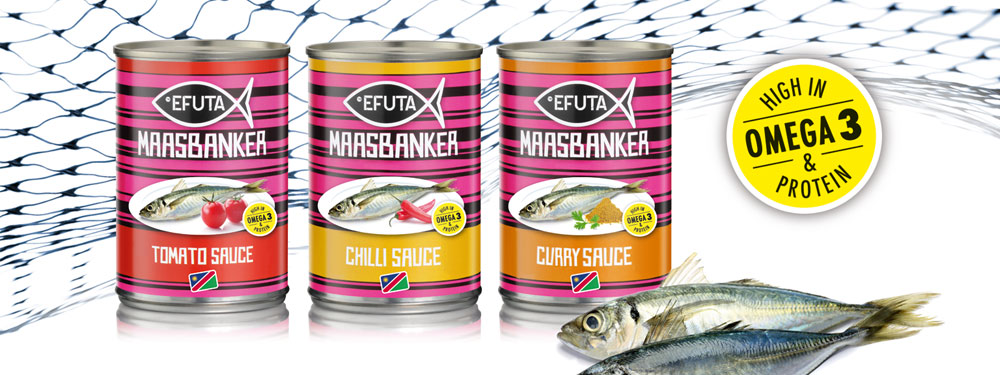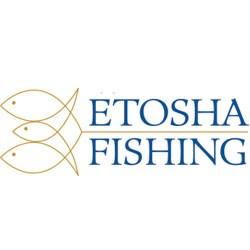First known as the Walvis Bay Canning Company, Etosha Fishing Corporation pioneered Namibiaís fishing industry in the 1940s with the countryís first fishmeal and canning plant. Today Etosha Fishing is a leading player in the Namibian fishing industry and considered to be one of the foremost round can production facilities in the world.
Namibiaís fishing sector is one of the biggest contributors to the local economy and the second most important foreign exchange earner after mining. According to The Namibian, the fishing industry provided roughly N$10 billion in foreign exchange in 2016 and is one of the biggest employment creators in Namibia. The latest statistics show that it currently sustains 16 800 jobs directly and has tripled its contribution to the GDP from 4.6 percent in 2009 to roughly 14 percent today.
Additionally, the industry has grown immensely in terms of corporate social responsibility and during 2016 stakeholders within the sector contributed N$25 million, approximately N$16 million from the horse mackerel subsector, N$6,6 million from monk, N$1,4 million from crab fishery and roughly N$590 000 from the seals subsector. The Namibian Government has highlighted the importance of value addition within the fisheries sector to not only increase its contribution to the local economy but to grow the sector itself.
Etosha Fishing is the first company to start the production of EFUTA Maasbanker, which is directly in line with the local Governmentís policy frameworks underlining value addition and job creation to boost growth at home. It also materialised Etosha Fishingís vision of putting the countryís most valuable fish resource in a can, offering the nation an affordable, nutritious meal from the sea.
This canned horse mackerel product range is the first Namibian canned product to receive the NSI Standard Mark of Conformity product endorsement. It also carries Halaal Certification and is a proudly Namibian product displaying the Team Namibia logo.
Etosha Fishing is well-known for its innovative thinking in order to ensure the sustainability of the company and the development of the local fishing industry. With Namibiaís pilchard resource coming under pressure during the past decade, the company has been importing in excess of 20,000 metric tons of frozen pilchard annually for processing on local soil since 2010, which sustains local jobs and also serves as a significant boost for the local economy of Walvis Bay. The company also made significant investments in thawing equipment in order to process the imported frozen pilchard.
Despite the current pressures of a dwindling pelagic resource, Etosha Fishing is determined to remain steadfast in its commitment to sustainable resource management, job creation and industry development. It is geared to process imported frozen pilchard in order to remain afloat and will continue to develop and diversify its horse mackerel products.


